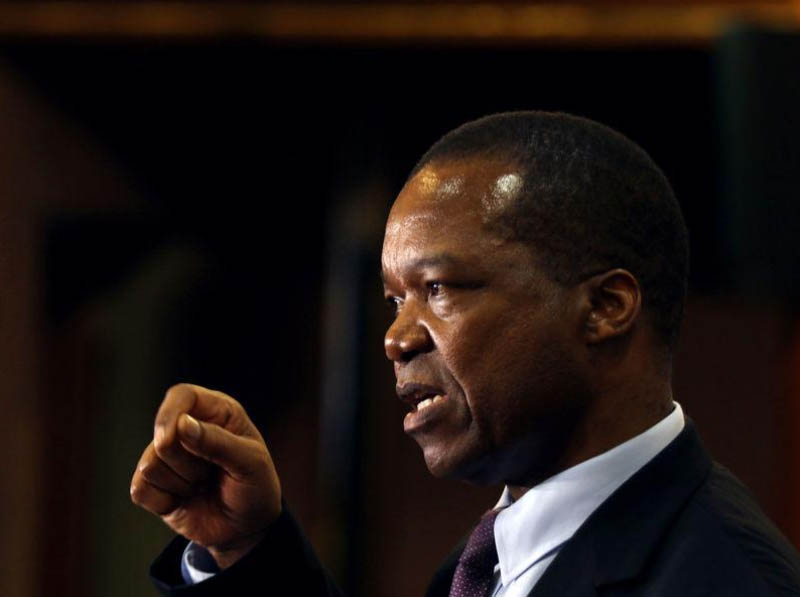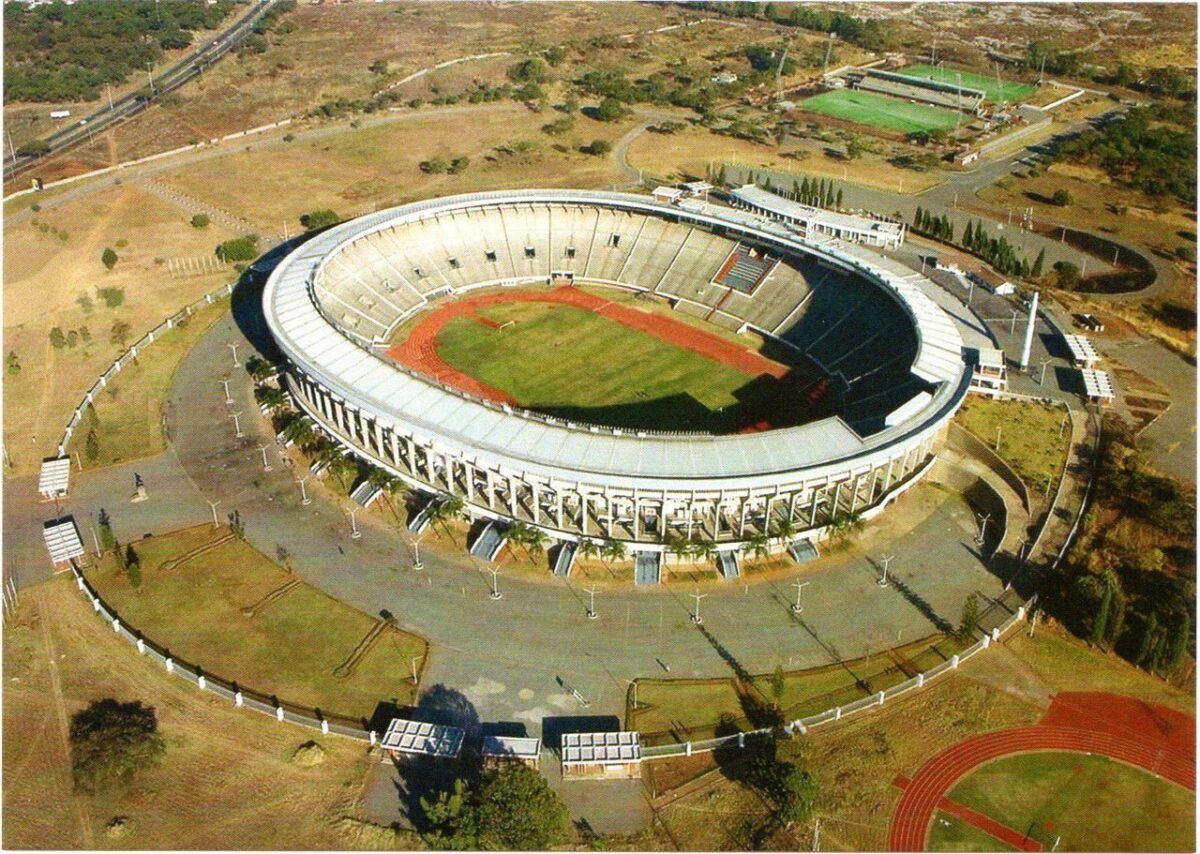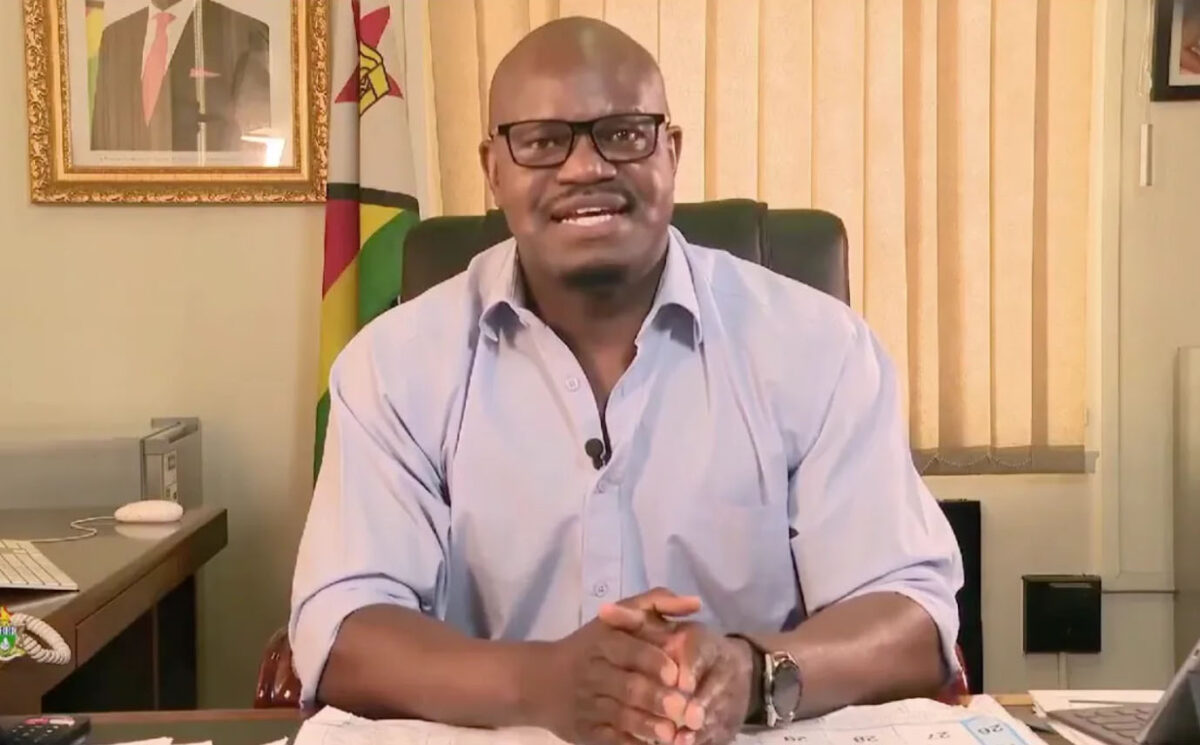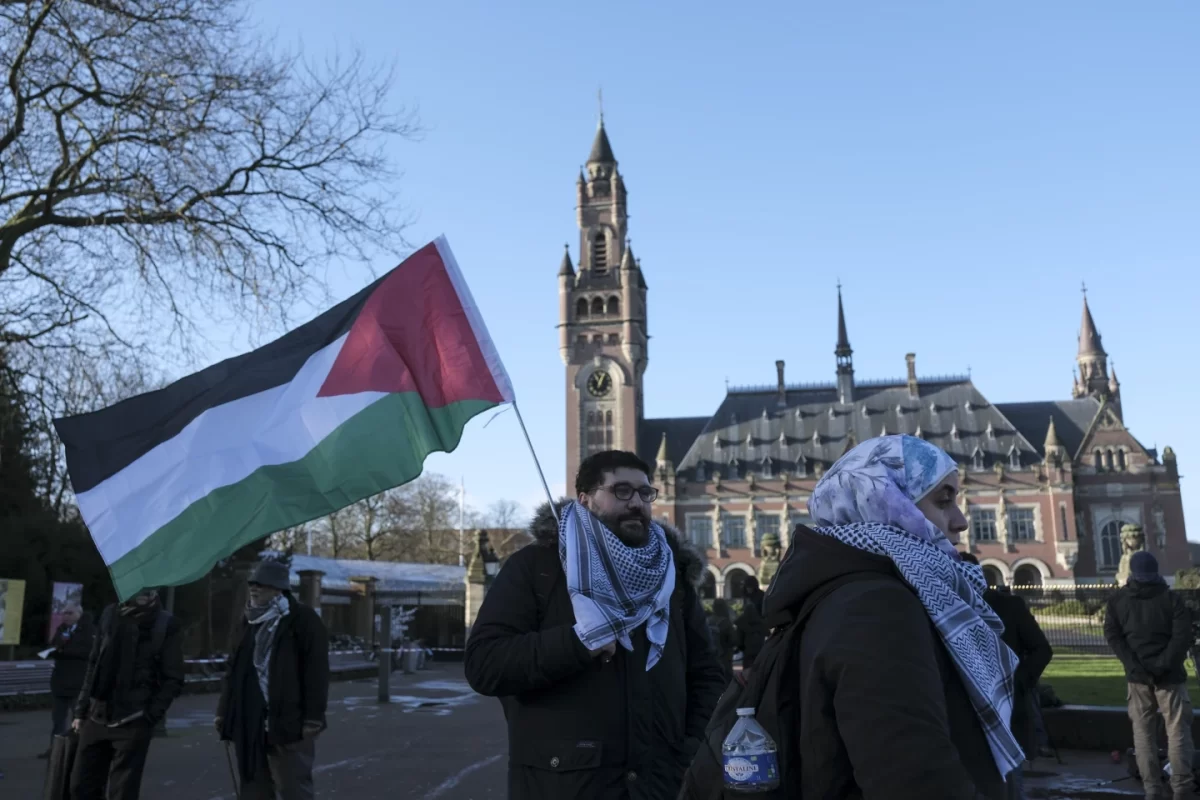HARARE – Zimbabwe will switch to a “market-based system” of foreign currency trading after a fixed rate of 25 Zimbabwe dollars to the United States dollar announced on March 26 failed to close the widening gap between the official and parallel market exchange rates.
The Zimbabwe dollar was trading at 18.26 to the United States dollar on the official interbank market and at around 40 to the greenback on the black market when the fixed rate was announced, but the local currency slid more than 100 percent since. On Monday, it was trading for an average 80 to the U.S. dollar.
John Mangudya, the Reserve Bank of Zimbabwe governor, said the apex bank’s Monetary Policy Committee met on Monday and “expressed serious concern over the continued deterioration in the exchange rates that were widely being used by the private sector.”
“It was resolved that a formal market-based system of foreign exchange trading will be put in place,” Mangudya said in a statement.
“To ensure that foreign market trades were monitored in real time, the committee urged the bank to expedite the implementation of the electronic foreign exchange trading system for compulsory use by bureaux de change.”
Mangudya said the central bank was also re-instating a 30-day limit on exporters to liquidate their surplus foreign exchange receipts in a bid to release more foreign currency onto the market. The measure will take effect from July 1, he said.
Zimbabwe, which has seen bouts of hyperinflation since 2008, has taken steps to ease its heavy reliance on the U.S. dollar, part of a raft of currency reforms by President Emmerson Mnangagwa that have so far failed.
Last June, it made its interim currency the country’s sole legal tender, ending a decade of dollarisation and taking a another step towards relaunching the Zimbabwean dollar.
The central bank has controlled the interbank forex trading market, which was introduced in February 2019.
The latest move will see banks take a bigger role in foreign currency trades, narrowing the gap with the unofficial market by allowing trade on a more transparent platform to determine the true market exchange rate.
Tendai Biti, the MDC vice president and former finance minister, said Zimbabwe should re-dollarise and implement major political and economic reforms to get out of its unending economic dive.
“Today the parallel market rate has traded between 80 and 85. In mid May 2020, it was 40. An increase of 100 percent in three weeks reflects the black market implosion,” Biti wrote on Twitter.
“The restrictive measures by the central bank are corroding the Zimbabwe dollar and therefore self-defeating. This government has simply run out of ideas,” he added.
In March, the central bank allowed Zimbabweans with access to foreign currency to use their money for domestic transactions. Most shops now offer discounts for customers paying in foreign currency.
















